Today we begin our “Crash Course in Catholicism.” It’s our hope that through this four-Sunday series of homilies, those who are seeking answers from the Church and those who are wanting to get back to the practice of the faith can find some help in sorting out the obstacles they have been encountering. For all of us, I think, these four Sundays will give us some important pieces to add to our “faith tool box,” ideas and concepts that will help us when life takes a turn we don’t expect or appreciate, or when people ask us questions we find hard to answer. As we begin this series, I’d ask you to keep this endeavor in prayer. And as we begin each of the homilies for these four weeks, I invite you to pray that Jesus would open all of our hearts and minds to accept the faith more fully.
Today’s readings give us the opportunity to discuss two very important concepts: healing and salvation. These things, honestly, are the whole reason Jesus came to us, the whole reason he left his heavenly throne, took on our flesh, and died on the cross. These readings are really Good News!
A lot of energy gets expended around the concept of gratitude when this Gospel reading is discussed, and it’s easy to see why that is – just one of the lepers came back and expressed his gratitude. But I think he also might have been the only one who was really healed. Here’s why I think that: For Jesus, the physical ailment wasn’t usually the most important thing he wanted to heal. Usually, he was looking for interior healing, almost a kind of healing of the person from the inside out. So yes, the lepers who came to him were in need of physical healing. “Leprosy” was the name given to all kinds of skin diseases – but only some were really Hansen’s disease, our modern name for leprosy. The rest were various types of skin eruptions and rashes. When the skin became diseased, people called it leprosy, and the victim suffered exclusion from the community (cf. Lv. 13-14) and became ritually unclean.
So Jesus sends the ten of them off to show themselves to the priests. When they heard that, it had to be confusing. The priests are the ones who would have to certify them healed so that they could participate in worship again, but since they hadn’t yet been healed, they had to grumble a bit about being put off to someone else. Except that on the way they were cleansed (notice carefully that it doesn’t say they were healed). When that happened, they couldn’t possibly mistake the grace they had been given, but nine of them took it no further than that. Only just the one returned to give thanks, a sign that he had indeed been healed in body, mind and spirit.
For us then, we need to know that not every healing takes place in the way we would expect, or even in the way we think is best. God gives us grace according to his purpose and the kind of healing he gives us could well be something we wouldn’t exactly choose. Perhaps we have found ourselves healed when:
- A person who loves us tells us a hard truth we need to hear about ourselves.
- We experience, in a long relationship, opportunities for growth in generosity, forgiveness, patience and humor.
- Parenting teaches us to give our lives for another in frequent doses of our time, energies, hopes and tears.
- We suffer a broken relationship, go for counsel and the guidance we receive gives us hope for our future.
- We seek help for an addiction and the group members offer us wisdom, support and helping hands when we fall and support us “one day at a time.”
- We suffer the death of a loved one and family and friends are there to grieve with us and eventually there is light at the end of the tunnel.
What is important to get here is that faith is the key to all of this. Our faith has to have us open to whatever God intends for us. Our faith has to give us the ability to cry out to God in our need. Our faith has to make us ready for whatever healing God intends for us. That’s not easy: that’s why they call it a “leap of faith,” and sometimes it is just that. Notice the words that Jesus speaks to the Samaritan leper at the end of the reading: “Go your way, your faith has saved you.” God can do a lot for us, but it is our own act of faith that helps us to see God’s hand in our lives and cooperate with his grace.
I think that’s a good turning point for our second concept, and that is salvation. Many of us have probably been asked by friends or even strangers who are Evangelical Christians, “Are you saved?” and “Have you accepted Jesus as your personal Lord and Savior.” So let’s be clear about the answers: Are we saved? Of course the answer is “Yes” — no ifs, ands or buts. As I said at the beginning of my homily, this was the reason God sent His Son Jesus into the world. Salvation is the gift won for us in the life, death and resurrection of Jesus. When we unite our lives to His in Baptism, we are saved.
But what does this even mean? What are we saved from? The answer to that is sin and death. These are the things that separate us, have always separated us, from real happiness with God. It was the effect of Adam and Eve doing what God told them not to in the beginning, and ever since, it has caused all of us to desire things that are not God, things that, while they seem nice, can never give us real happiness. This is what causes the human condition by which we so often end up doing the very things we don’t want to do, and because of which we are not able to do the things we want to do. That is the basic effect of sin, which leads to the breakdown in all kinds of relationships — between fellow human beings, our connection with creation, our relationship with God, and even with ourselves. Left to our own human devices we can do nothing about these breakdowns of relationships. That choice in the beginning, which we call original sin, unleashed a torrent of sin and death with us at one side, and God on the other. There was no way for us to cross it. But God didn’t create us for death, so in an amazing act of love, he sent his own divine Son, who took on our flesh and paid the price for our sins. By dying on the cross, that cross became the bridge for us to cross that torrential river of sin and death, and come to our God, to the place he has prepared for us, to the real happiness for which we were created. That is the essence of our faith.
This is why Saint Paul says to Saint Timothy in our second reading today: “Remember Jesus Christ, raised from the dead. I bear witness to Him so that you may obtain the salvation that is in Christ Jesus. If we die with him, we shall also live with him in eternal glory.” We proclaim boldly that there is a remedy for death, and it is Jesus Christ. We profess that there absolutely is a Savior, and He is Jesus Christ.
So have you been saved? Well, absolutely. But have you accepted Jesus as your personal Lord and Savior? That’s more of an individual question. That process began at your baptism, when either you, or your parents and godparents, accepted that sacrament which makes you part of the Body of Christ. At your Confirmation, you reaffirmed that by accepting the gift of the Holy Spirit, which leads you to salvation. And every time you receive the Holy Eucharist, you become what you receive, by incorporating the Body, Blood, Soul and Divinity of Christ into your own being.
But it’s easy to do those sacramental things and not have them really change us. So there is that challenge to really accept that sacramental grace and really accept the salvation God offers us in Christ. Catholicism is an experiential faith, a living relationship with Christ. A Catholic is not a person who merely accumulates intellectual knowledge about God nor simply fulfills tradition and the letter of the law. Pope Benedict and Pope Francis have repeatedly emphasized that Catholic Christianity is an encounter with Jesus. That encounter happens all through our lives as we pray and grow in our faith. This encounter with Jesus is the subject of our prayer life, and we will talk more about that in next week’s homily.
In the meantime, what answer should you give to the Evangelical who asks you if you have accepted Jesus as your personal Lord and Savior? My suggestion would be very simply: “Yes, I have. Every day.”
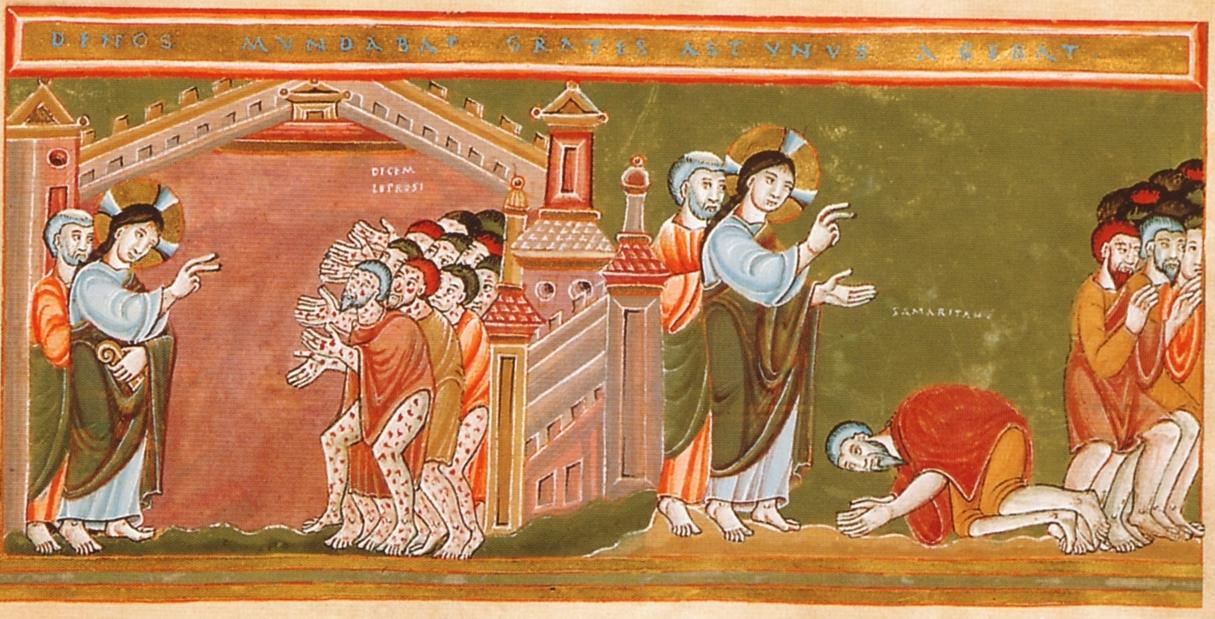

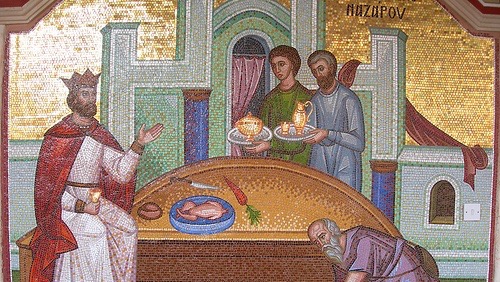
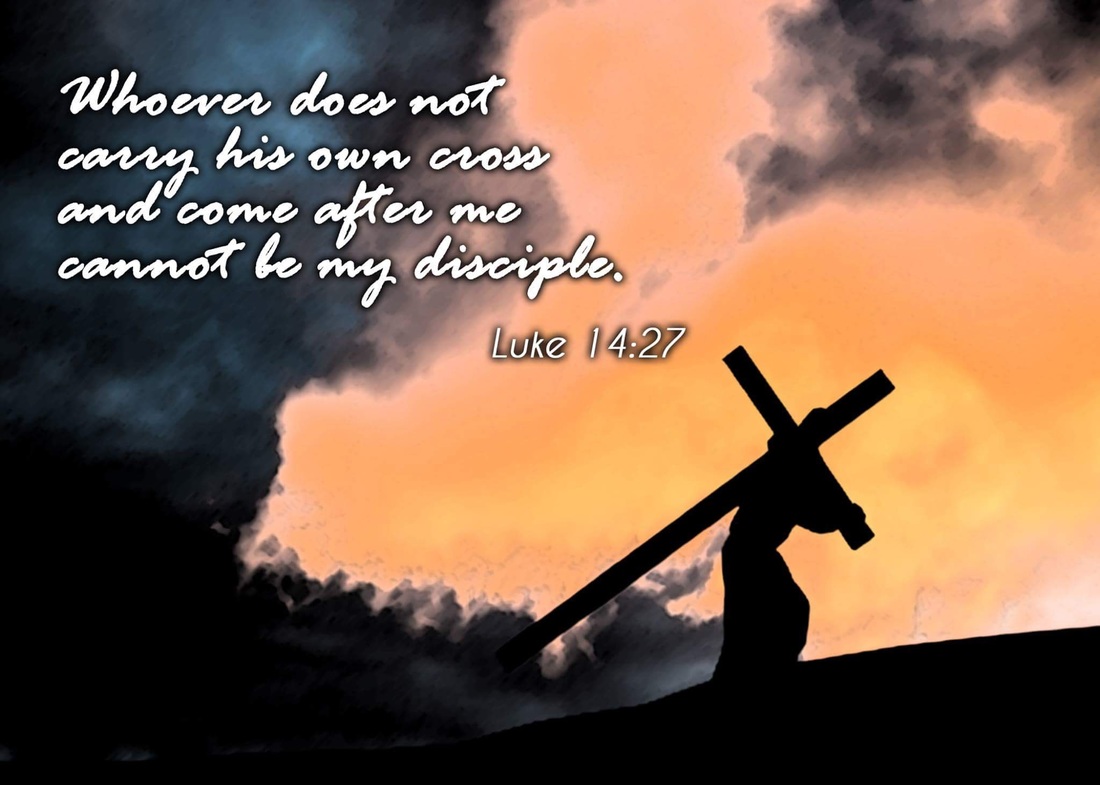



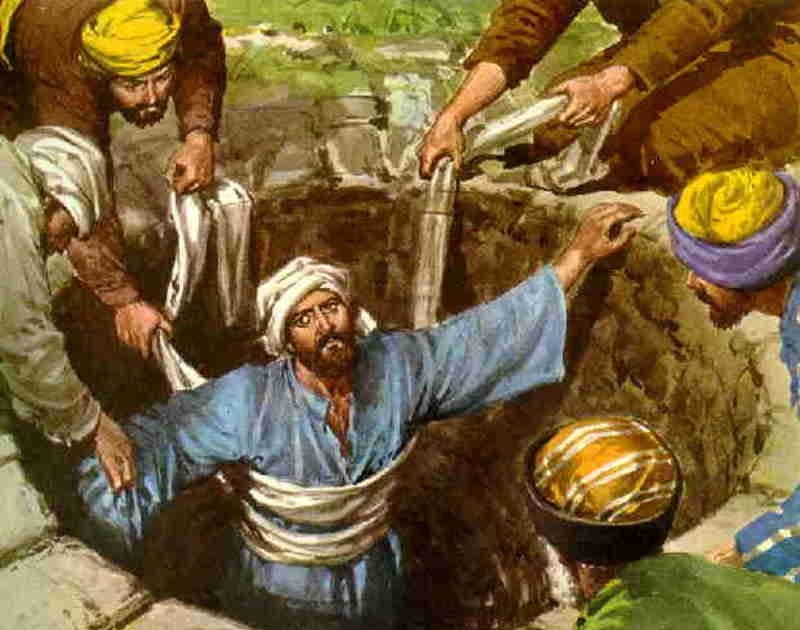

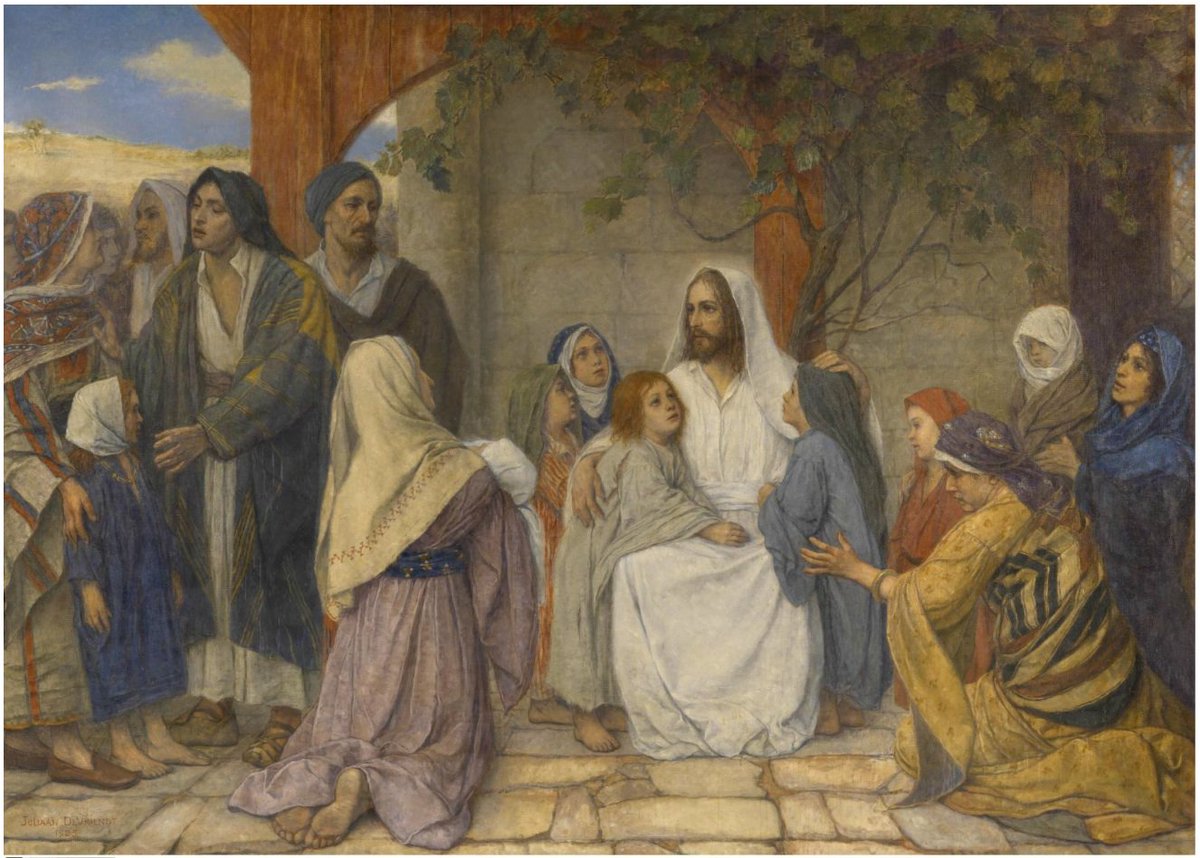
You must be logged in to post a comment.